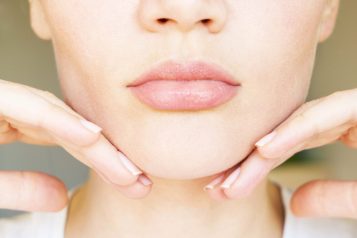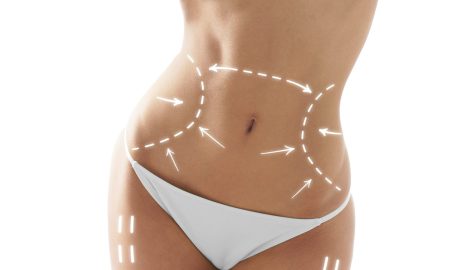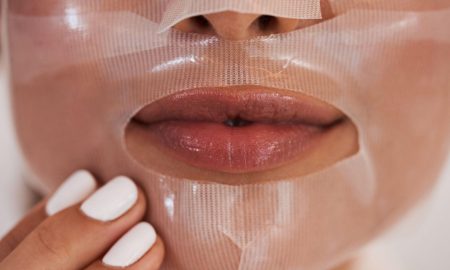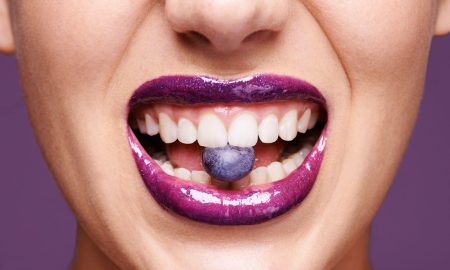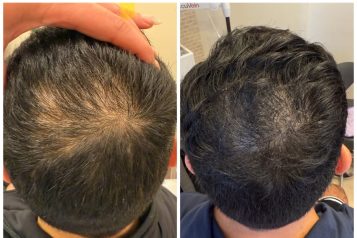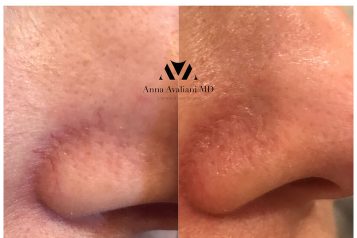Springhouse Dermatology is an integrated skin health and wellness center led by double Board-Certified Dermatologist Margo Weishar, MD. We offer patients a comprehensive approach to skin including the most current technology in laser medicine, advanced use of injectables by expert physicians, and a team of experienced practitioners to provide your care. As dermatologists, we are uniquely able to care for all medical skin concerns as well as cosmetic needs, integrating the latest techniques and technology in skin wellness. Haute Beauty sat down with Dr. Margo Weishar to discuss what to do if you have skin pigmentation.
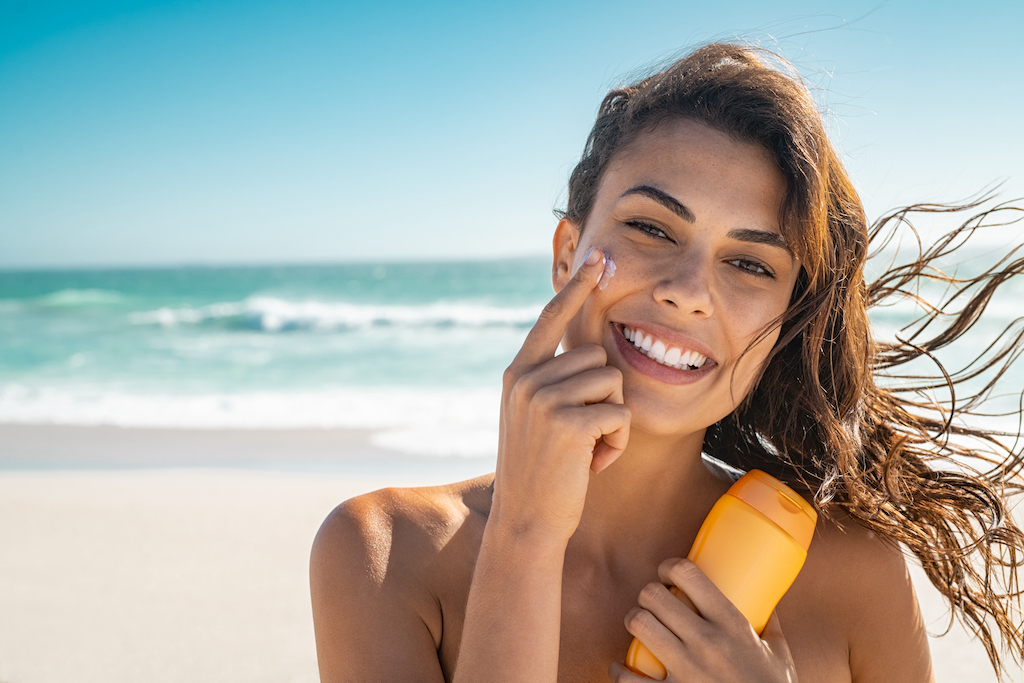 Photo Credit: Shutterstock
Photo Credit: Shutterstock
Hi, I'm Haute Beauty expert Dr. Margo Weishar, a board-certified dermatologist and founder of Springhouse Dermatology in Philadelphia. What is the most important step you can take to keep your skin healthy and radiant? Well, my answer is not going to surprise you, SUNSCREEN. What is surprising is how much misinformation there is about this simple step to skin health, especially since we are exposed to ultraviolet light every day.
Realistically, who doesn't enjoy a beautiful sunny day where you feel the sun's warmth radiating down on your skin? But unfortunately, this sun exposure is responsible for damaging our skin cells and the collagen and elastin that support our skin and keep it supple. The damage to our skin cells from a sunburn sometimes causes them to grow uncontrollably, resulting in skin cancer.
While many patients tell me that they wear sunscreen when they are going outside they are surprised to find that even the light from indoor sources, computer screens, and yes, cellphones can cause damage. Protecting our skin every day is the best way to prevent and maintain our skin's radiance and health. Protection also means choosing the right product- not just any sunscreen. So let's debunk a few myths:
1. SPF matters.
So many patients remember the old message that above a 30 SPF is all the same. Recent studies have shown that higher SPF is better. No one in the real world applies their sunscreen as completely as in the clinical tests- that includes me! So you may be getting only half the actual sun protection listed on the bottle! I counsel my patients to use no less than a 50 SPF in their everyday facial sunscreen. And for days at the beach, the highest they can find! After all, it doesn't take any more time to apply a higher SPF than a low one.
2. Your moisturizer/makeup is NOT enough.
Most of these products afford very low levels of protection compared to the current excellent sunscreens available. I prefer to pick a moisturizer and makeup for their own properties and add the sunscreen of my choice. Also- these products often include chemical sunscreens that can be harsh on the skin.
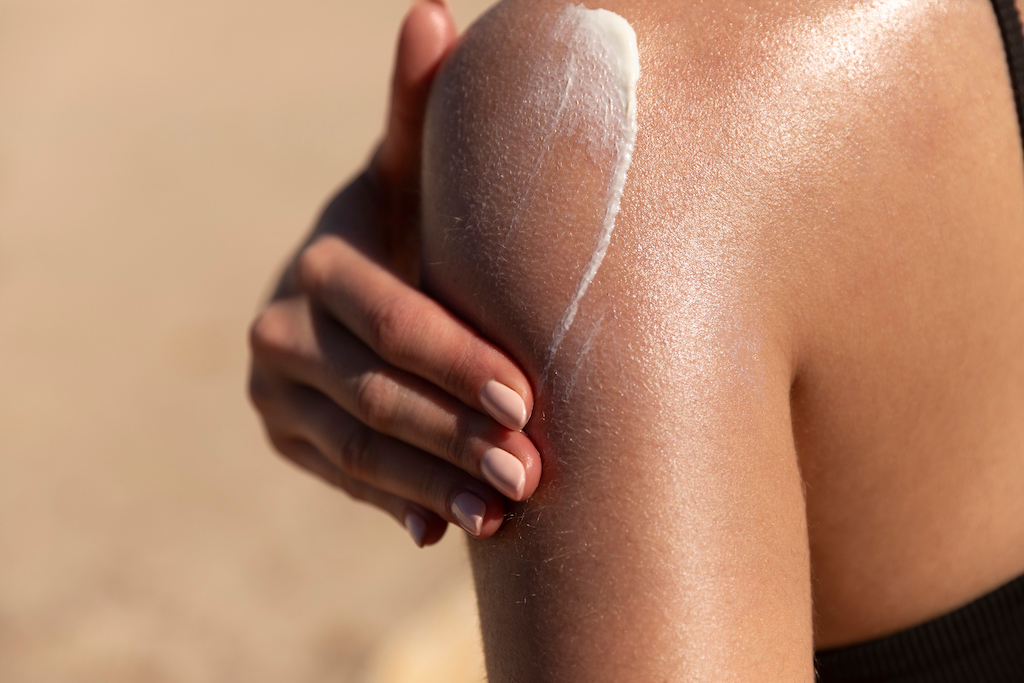 Photo Credit: Shutterstock
Photo Credit: Shutterstock
3. Sunscreen causes breakouts and your eyes to sting when working out.
The good news is that you can find sunscreen products that work for special situations (breakouts, exercise and allergies). Your dermatologist can guide you to the best options for your skin type.
4. Physical sunscreens are too heavy.
Physical sunscreens containing micronized zinc and titanium dioxide have come a long way. They are now available in cosmetically elegant lightweight formulas that can be used daily. Look for a product with at least 10% zinc content, no chemical sunscreen additives, and a tint. You may have to try a few to find the one that feels best on your skin, but there are many choices that provide excellent protection.
5. Sunscreen is the ONLY option.
Many companies are now making cover-ups, bathing suits, and rash guards out of sun protective material. And the best thing is if you choose this option you don't have to reapply! Find a cover-up made from UPF 50 fabric and a hat with a brim with a UPF 50 rating.
Before you consider all the wonderful options cosmetic dermatology has to offer, whether that be lasers, injectables, or medical-grade skincare, commit to protecting your skin with the best sunscreen that you can find. I promise, your skin will thank you!







